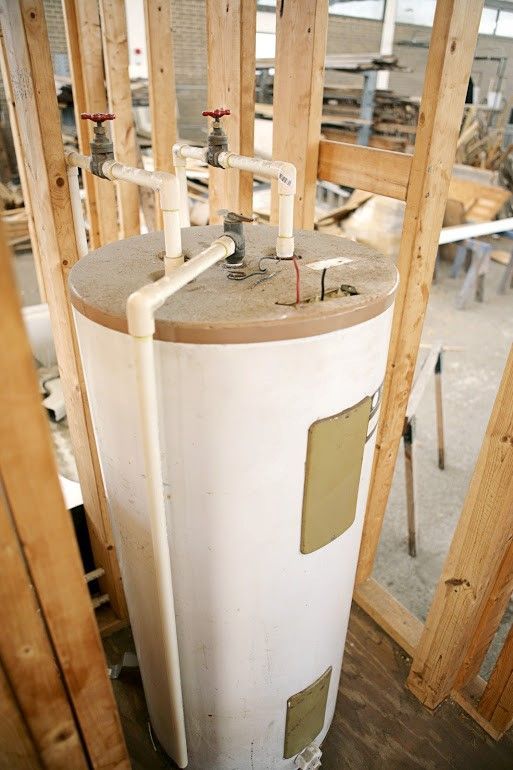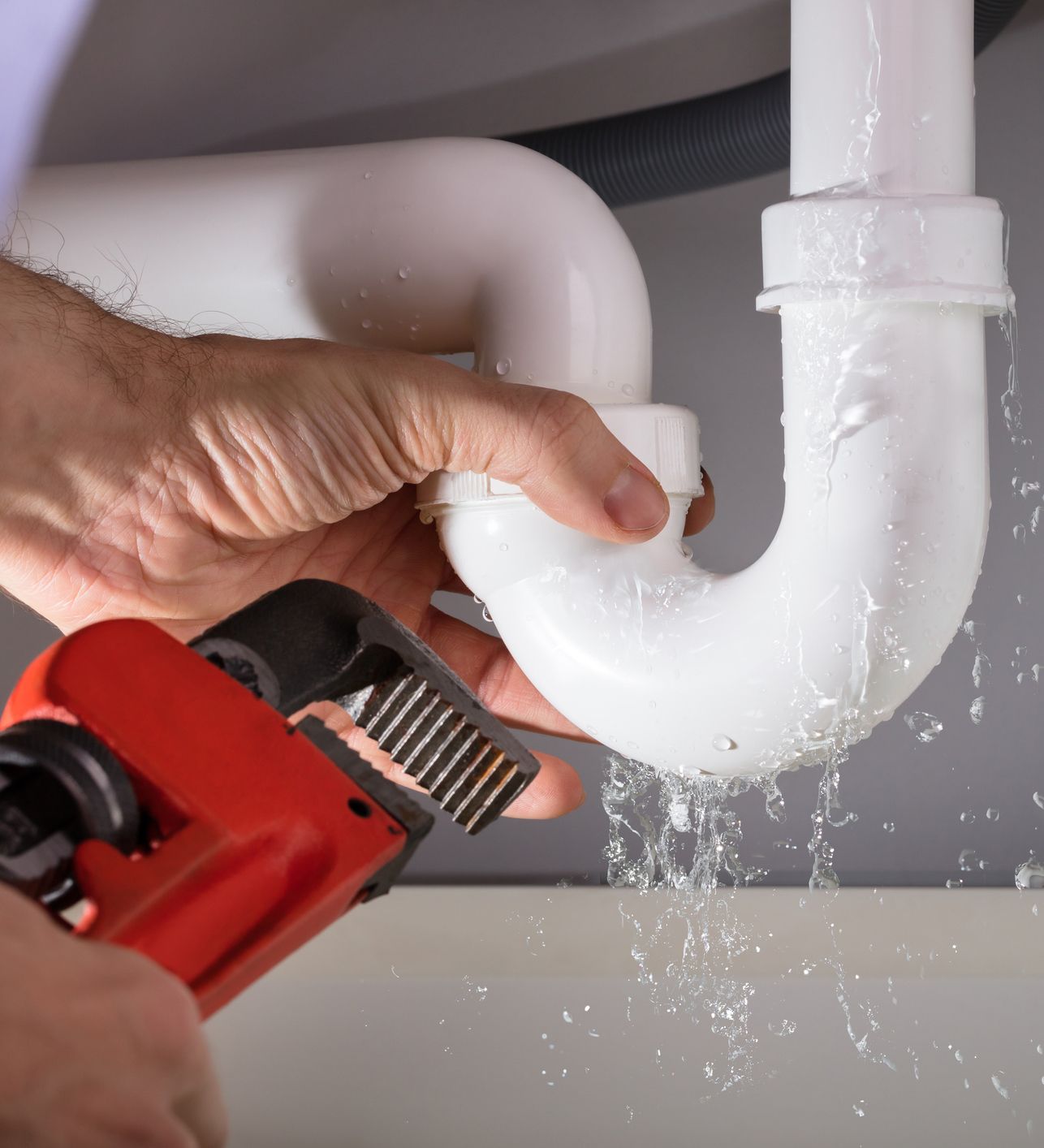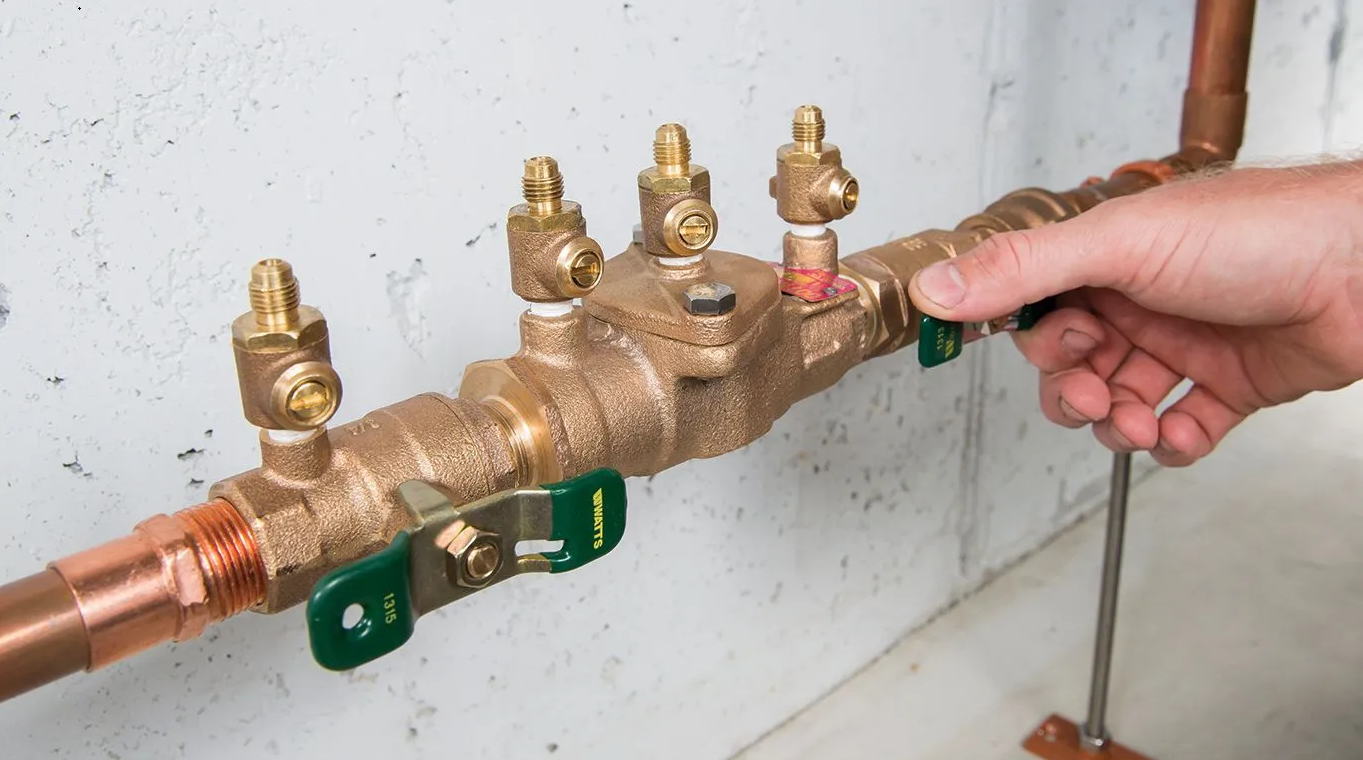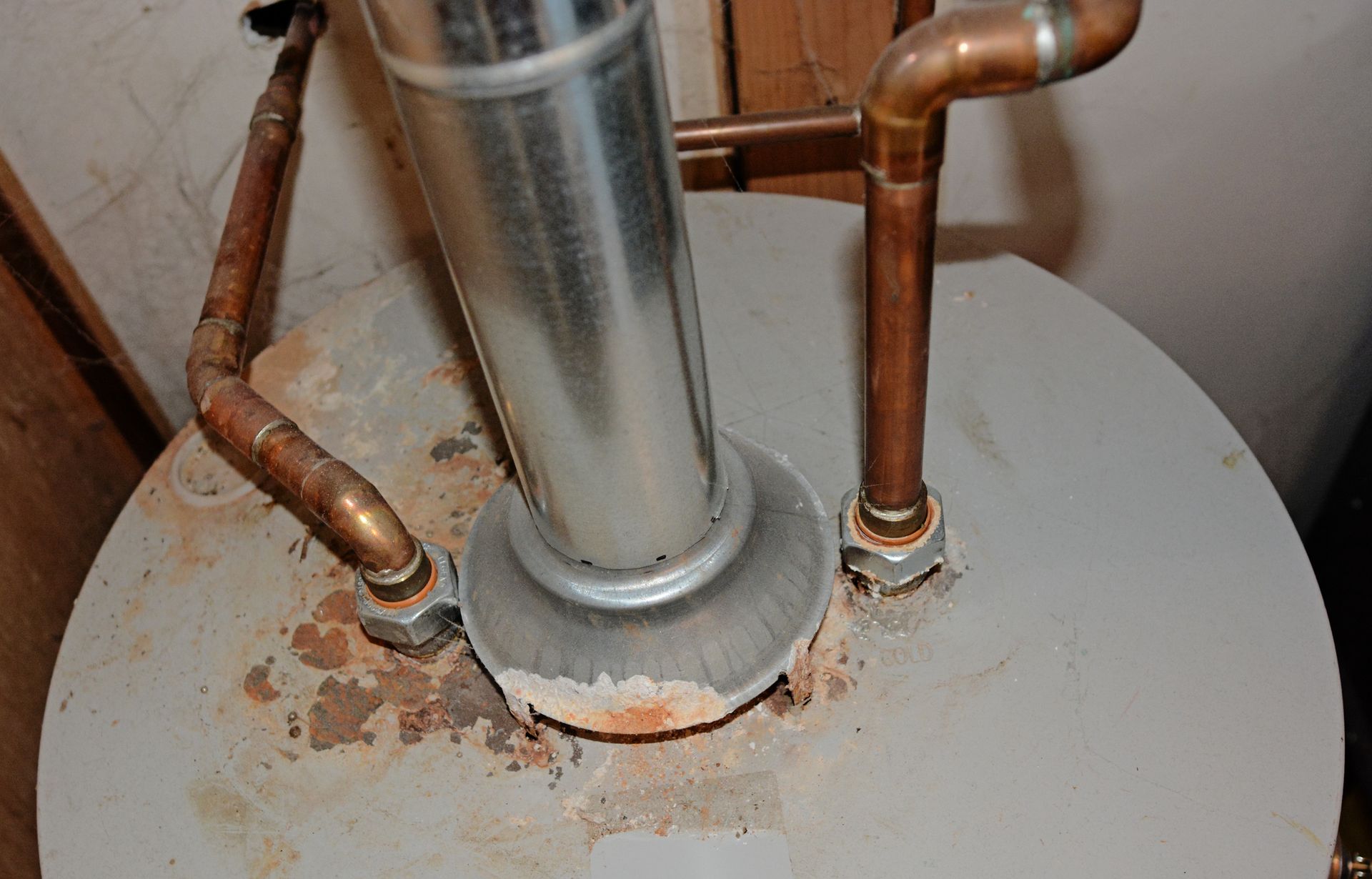Take These 5 Steps Now to Reduce Basement Flooding

If you own a property that has a basement, you should have a plan to deal with potential flooding. It isn’t just a broken levee or swollen creek that causes water to pour into a home. Roof damage, foundation cracks, and improperly sealed windows can all lead to water pooling in the basement.
Flooding in a home damages structural elements and leads to mold and mildew growth. It’s best to practice prevention to avoid the risk of flooding, but you should also have the tools on hand to manage potential flood events.
Determine Your Risk of Property Flooding
If you live high up on a hill, far away from a body of water, with adequate landscape drainage in a well-sealed home, you’re in a great spot. As long as a tornado or fallen tree doesn’t take out a section of your roof, you’re at a low risk of suffering a flood event. It’s still a good idea to keep a wet-dry vacuum cleaner and spare mops on hand in case a toilet overflows or a window is left open during a rainstorm.
If you live close to a river, your home has clogged gutters, or you’ve experienced flooding in your basement before, you’re at a high risk of a future flooding crisis. Property owners who are lower in elevation on gravity-fed sewer lines often get hit hardest as storm water flows downhill into their basements. If this describes your property, you’re also at high risk.
Understand That All Properties Face Increased Flooding Risk
Several phenomena increase the risk of flooding for all properties, even in formerly safe areas. For instance, a storm pattern may develop across North America, characterized by intense, fast-moving precipitation events. Several inches of rain or feet of snow may be dumped in a short period of time. The storm runoff and snowmelt can overwhelm sewers and storm drains, causing sewage and storm overflow to back up into basements.
A high demand for housing creates problems with storm overflow, too. Rapid construction development creates new flood plains. Impermeable surfaces like driveways and slab foundations smother the pathways where small streams once provided overflow drainage. Older septic and sewage systems are expected to manage all of the excess water, but the aging infrastructure just can’t keep up with the deluge.
Consult With the Experts for Plumbing Problems
A qualified plumber is your ally in flood defense. He or she will inspect and repair drainage issues and leaks. Plumbers often offer backflow testing services, and backflow testing is a great way to find out how well your property will manage a flooding situation. If leaking pipes are causing water to collect in the basement, your plumber will solve the issue with clean pipe repair.
A plumber can also install a sump pump or ejector pump if these are necessary to divert water from your basement. Your plumber might also inspect check valves, clean-out plugs, and sewage lines for integrity to ensure they’ll function when needed.
Your plumber can also install new low-flow fixtures including sinks and toilets. These fixtures send less waste water into the system, which reduces the load on your sewage or septic pipes.
Manage Your Property to Deal with Runoff
One mandatory change many property owners must make is to disconnect their sump pumps from their main sewage lines. In some locations, this connection is a code violation. In other locations, the connection may be legal, but adds to the woes of overtaxed sewer systems during heavy runoff events.
It’s recommended that you redirect the sump water into outdoor French drains that lead away from your foundation’s property. Drains can also be directed to run into ponds, garden areas, and functioning culverts.
Assist your community and the neighbors on your sewer line by curtailing your water usage during heavy rains and snow melts. The fewer loads of laundry you do, the less water is forced into flooding sewage lines. Take shorter showers and only wash dishes and laundry when there are full loads.
Have Basement Specialists Address Foundation Leaks
If your basement is leaking below ground level, you’ll want to have experts examine and repair the cause of these leaks. Settling, pest damage, and landscaping are all possible culprits when a foundation cracks, but the important thing is that you get the leaks sealed.
There are a variety of ways to seal a basement, from foundation wraps to waterproof paints. Excessively humid basements benefit from dehumidifiers to maintain a dryer environment.
It’s a good idea to include some redundancy in your flood planning. Don’t rely on one sump pump for a big drainage area. Have a backup sump that’s got battery-powered capability in case the grid fails temporarily. Install extra drains where your yard floods closest to the property.
The professionals at Jim Dhamer Plumbing and Sewer, Inc. are experts at inspecting and repairing plumbing issues that cause leaks or could lead to future flooding. Call us today to schedule a thorough examination of your flood control system. We’re happy to install sump pumps and other appliances to solve your plumbing and drainage problems.
The post Take These 5 Steps Now to Reduce Basement Flooding appeared first on .
Leave A Reply
More Posts









